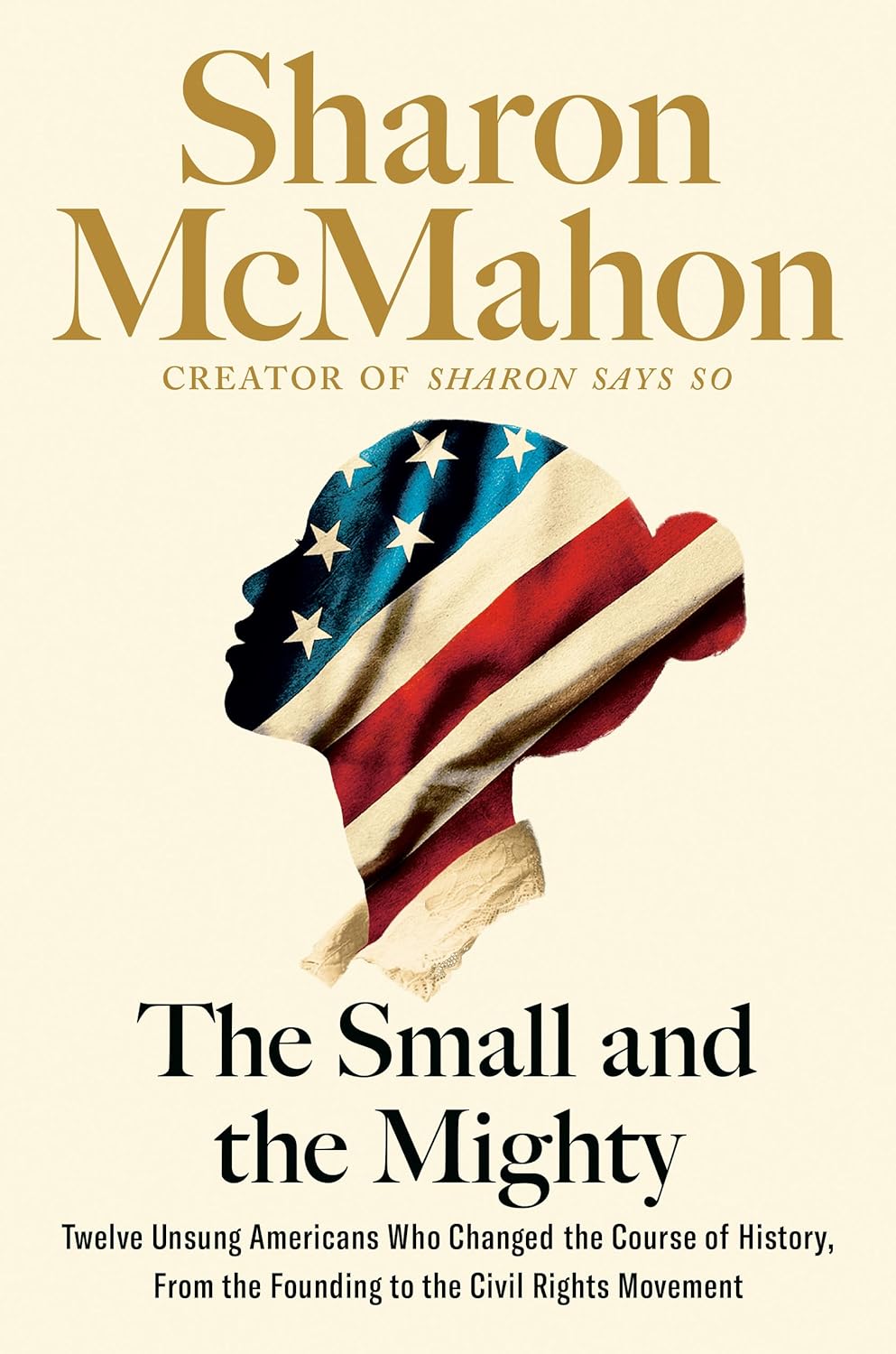Chapter 20: Daniel Inouye_Europe, 1943
byChapter 20 highlights the life of Daniel Inouye, focusing on his experiences during World War II, particularly in 1943. After graduating high school, Daniel had hoped to serve his country in the military, but the aftermath of the Pearl Harbor attack left him with a harsh reality. Due to his Japanese heritage, Daniel was unfairly classified as an “enemy alien,” which resulted in his exclusion from military service. Instead of abandoning his dreams of contributing to the war effort, he redirected his focus toward education, enrolling in pre-medical studies. This decision was a direct result of the deeply entrenched racial prejudice that Japanese Americans faced during this period, as their loyalty to the United States was constantly questioned despite their contributions to the country.
In Hawaii, many Japanese Americans managed to avoid forced incarceration due to the resistance of local officials who stood against military orders. However, Daniel’s personal experience took a troubling turn when armed officers arrived at his home to seize his father’s registered shortwave radio, which was an action meant to humiliate and intimidate his family. Witnessing the destruction of the radio in front of his father, Daniel felt the weight of the injustice and racism that his family and other Japanese Americans were subjected to. This event left a lasting impression on Daniel, reinforcing his desire to fight against the discrimination that plagued not only his family but also his entire community. Although the harsh treatment was difficult to endure, it fueled his determination to prove his worth and loyalty to the country that had so unfairly treated him.
Despite being initially excluded from military service, Daniel and other Japanese Americans began to petition for the right to serve in the armed forces. Their persistent efforts paid off when President Franklin D. Roosevelt approved the formation of a segregated military unit specifically for Japanese Americans in March 1943. Daniel eagerly enlisted in the 442nd Regimental Combat Team, a unit whose soldiers were determined to prove their patriotism. The motto of the 442nd, “Go for Broke,” encapsulated the resolve and courage of the men who served in this unit, many of whom were fighting not only against foreign enemies but also against the prejudice they faced at home. Upon deployment to Italy, Daniel was shocked by the dire conditions he encountered, including widespread poverty and devastation among the local civilians. The sight of hungry Italians, some so desperate that they offered to work for scraps of garbage, deeply moved him, prompting him to take action. Instead of offering work, Daniel chose to share his rations with the starving people, marking the beginning of a new philosophy within his unit to ensure that basic human needs were prioritized, even in the midst of war.
The narrative further explores Daniel’s experiences in intense combat, where he demonstrated extraordinary bravery and resilience. During a critical mission on April 20, 1945, Daniel led his men against German machine gun positions, a dangerous operation that ultimately cost him his right arm. Even in the face of such tremendous personal sacrifice, Daniel continued to display courage, managing to throw a grenade before being gravely injured. After enduring a long wait for medical assistance, Daniel underwent surgery without anesthesia, and the severity of his wounds led to the amputation of his remaining arm. Despite the immense physical and emotional trauma he suffered, Daniel never lost his drive to push forward. During his recovery, he formed a deep bond with fellow soldier Bob Dole, and the two promised to support each other’s dreams of success after the war.
After his recovery, Daniel Inouye transitioned from military service to a successful career in politics. His deep-seated desire to protect citizens’ rights over property and to fight for justice in the face of inequality led him to become one of Hawaii’s first senators. His journey from a young soldier to a respected politician is a powerful testament to his resilience and determination. Daniel’s rise to political prominence symbolized the broader struggles of Japanese Americans and other marginalized communities who fought for recognition, equality, and justice. His story, marked by courage, sacrifice, and an unwavering commitment to his principles, serves as an enduring example of the power of perseverance. As both a soldier and a politician, Daniel Inouye’s legacy is a reminder of the sacrifices made by the 442nd Regimental Combat Team and other Japanese American soldiers during World War II, as well as the lasting impact they had on the civil rights movement and the American political landscape.

